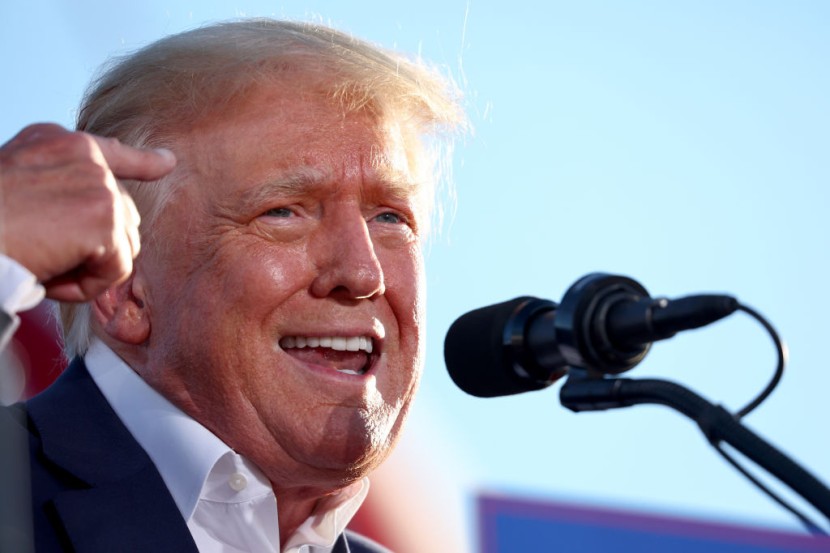
A federal judge claimed on Wednesday that former United States President Donald Trump signed a document that his lawyer told him contained false voter fraud claims, swearing under oath that the information was true.
The judge also ordered the release of emails that were sent by John Eastman, who is a former Trump attorney, to House investigators. He said that the communications were made in furtherance of a crime related to the former president's effort to subvert the 2020 election.
Voter Fraud Claims
Judge David O. Carter wrote in his order that the emails show that the Republican businessman knew that the specific numbers of voter fraud were wrong. However, Trump continued to tout those numbers both in court and to the public.
Carter added that the Court found that the emails were sufficiently related to and in furtherance of a conspiracy to defraud the United States. The judge, who sits on the federal district court in central California, had already released many of Eastman's emails from around January 2021 to the House Select Committee, as per CNN.
However, the two sides were still arguing over 562 additional documents from Eastman's Chapman University email account. Carter's latest order also cited one email where Trump's attorneys state that merely having the case pending in the Supreme Court and not ruled on may be sufficient to delay consideration of Georgia.
The House Select Committee has been, for months, trying to get access to Eastman's emails as they consider him the intellectual architect of plans to subvert the 2020 elections. This includes Trump's efforts to pressure then-Vice President Mike Pence to block or delay congressional certification of the Electoral College results on Jan. 6, 2021.
According to the New York Times, the panel repeatedly argued that a "crime-fraud exception" pierces the typical attorney-client privilege that often protects communications between lawyers and their clients.
Inaccurate Numbers
Judge Carter wrote that the email that talked about the delay in the tally of Electoral College votes, when read in context with other documents included in the review, makes it clear that the former president filed certain lawsuits not to obtain legal relief, but to disrupt or delay the Jan. 6 congressional proceedings through the courts.
In another email that was related to the lawsuit, Trump and his lawyers contended that thousands of votes had been improperly counted. They cited specific numbers of dead people, felons, and unregistered voters who had cast ballots.
In one instance, Eastman made plain his view that Trump should not sign a document making specific claims about voter fraud in the county because his legal team had learned they were inaccurate. However, the former president signed the document despite the knowledge that some of the information was incorrect.
Carter added that Trump signed a verification swearing under oath that the incorporated, inaccurate numbers are "true and correct." The judge said that this means the former president knew that the specific numbers of voter fraud were false but still continued to tout the data as accurate to support his claims, Politico reported.
Related Article : Biden Expected To Announce Release of More Oil From Reserve Ahead of Midterm Elections








